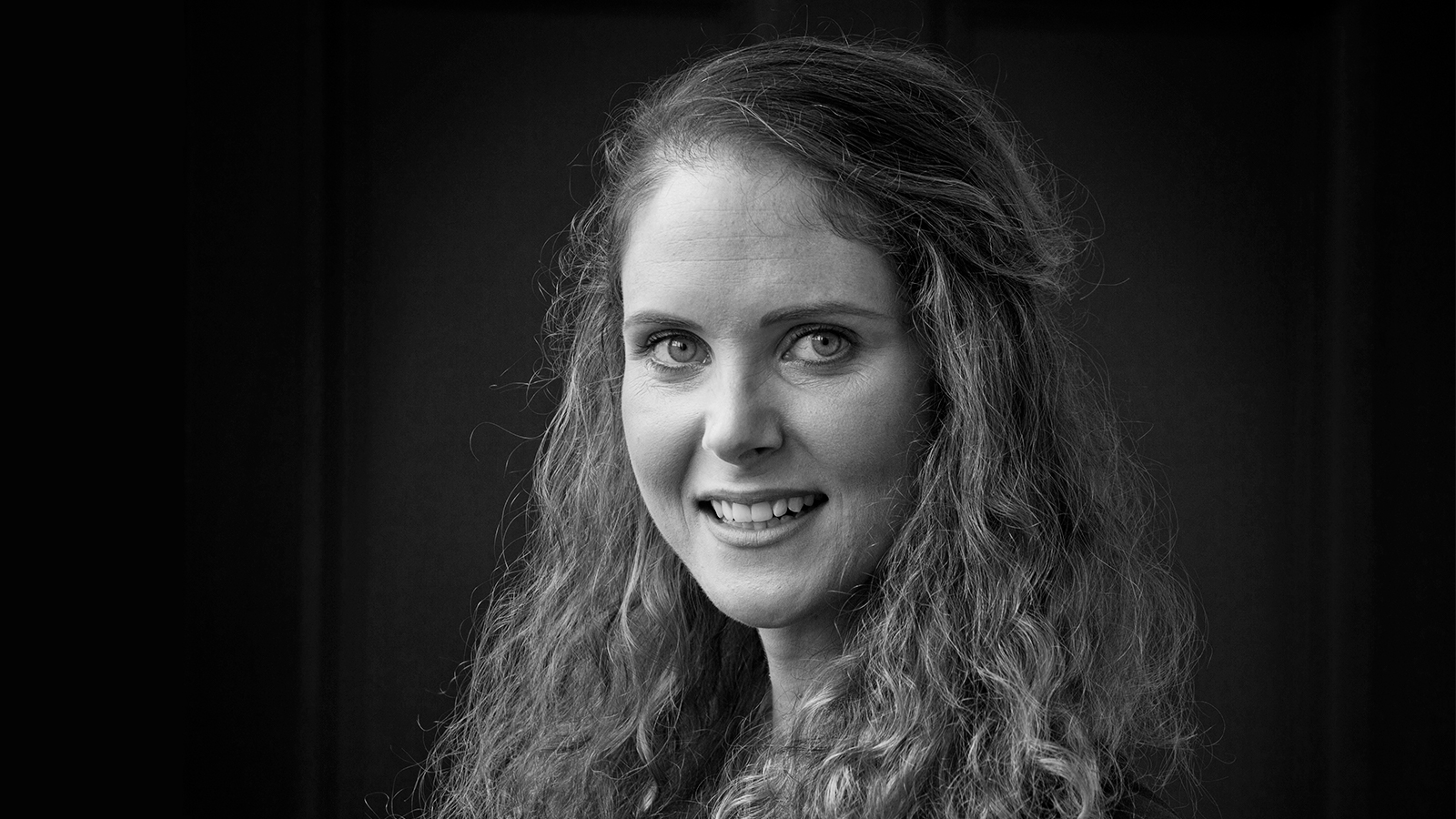
Would it be fair to judge an organisation solely on the quality of their coffee? Charities would come in at the budget end: possibly Fairtrade but definitely instant. Startups are all single origin beans, cold brew, extra shots.
If we were creating our organisations from scratch today they would look very different. In the same way that instant coffee was the best of British in 1987, the pre-internet age created charities that invested in face-to-face, community-based services and helplines staffed by experts that were only open during office hours.
So, what could flat-white-swigging, beanbag-straddling startup entrepreneurs teach the charity sector in 2017?
1. Digital skills are essential.
Job ads for startups don’t specify applicants are “proficient in Microsoft Word” – you might as well include “proficient in breathing”. As digital tools become more intuitive, it’s assumed that employees can grasp anything from content management to social media. Desirable skills range from data analysis to video editing, and new graduates are attracted to roles where these skills are cultivated.
2. Work can happen flexibly, from anywhere in the world, enabled by tech.
Why come to an expensive building in central London and drink coffee paid for by your employer, when you can work from home with your own cafetière? Or from a co-working space where overheads are outsourced? Or from the beach? Cloud-based collaboration tools help keep you connected to colleagues. Even if you do miss them, you’ll never miss the commute.
3. Testing, learning and evolving on an ongoing basis helps you grow.
Where charities are often driven by passion and emotion, startups favour “data driven decision making”. Not sure you’ve hit on the right course of action? Build a minimum viable product, test it with your audience and, if it works, develop it from there. If it doesn’t work, that doesn’t matter as long as you fail fast and learn from it.
4. Change should be embraced not feared.
In the internet age, nothing stays the same. There’s an ever-changing buffet of digital opportunities. We know we have to adapt, but it’s not always clear quite what we’re adapting to. Flexibility, open-mindedness and optimism have to become part of our organisational values.
5. Provide scalable solutions to real-world problems.
If you’ve ever thought something in your life was annoying or difficult, chances are there’s already a startup trying to solve that problem. And if there isn’t, maybe you should start one. The ability to identify solutions to issues and act on them quickly is one that charities would do well to cultivate. And no, we don’t need a working group for that.
There is a vital role for charities to play in the digital age. If they don’t adapt they won’t survive to carry out that role.
So charities could learn a lot from their tech-savvy counterparts, but is the cappuccino always creamier on the other side of the bar? What could startups learn from civil society?
As Matt Haworth – author of The Digital Fundraising Book, and co-founder of Reason Digital – is renowned for saying, tech innovation shouldn’t be limited to helping people hail a cab or book a restaurant.
Silicon Valley is starting to turn its attention to causes with social impact, but not in the most nuanced of ways – they build wells, give out tablets or distribute micro-financing rather than engaging with countries on new policies for systemic change. This model favours short-term results over long-term progress. For all the talk of data-driven decision making, are they measuring the impact of these interventions?
Closer to home, crowdfunding sites allow individuals to fundraise for themselves, cutting out the charity middlemen. In the wake of tragedies like Grenfell, thousands have been raised for families directly rather relying on organisations to distribute resources. But who decides which family is most deserving of support?
There is a vital role for charities to play in the digital age. If they don’t adapt they won’t survive to carry out that role. But if they do, then there are huge opportunities as well as challenges. And charities can themselves be beacons of doing things differently. An innovation manager from a young, digital-first charity surprised me recently when she told me her office boasted a fancy-schmancy coffee maker. The staff had all chipped in to pay for it and there was an honesty box for the capsules. Turns out there’s more than one way to grind the beans.

Jo Wolfe is managing director for London at Reason Digital and creator of the Third Sector Digital Maturity Matrix. She was previously assistant director of digital at Breast Cancer Care.
